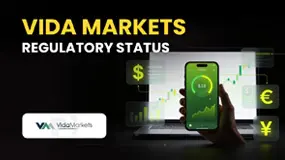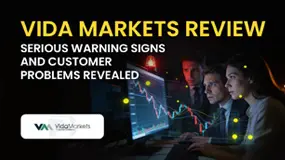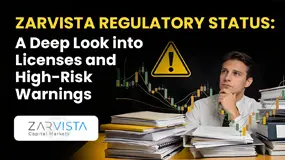Abstract:Trading in the foreign exchange market is often viewed as a game of precision, strategy and speed. But what many traders overlook is one of the most decisive factors affecting performance: cost. Not just the fees you can see, but the less visible costs hidden in the structure of every trade.

Trading in the foreign exchange market is often viewed as a game of precision, strategy and speed. But what many traders overlook is one of the most decisive factors affecting performance: cost. Not just the fees you can see, but the less visible costs hidden in the structure of every trade.
For most participants, trading charges are accepted as part of doing business. They are a necessary friction in an otherwise fluid environment. However, for serious traders, these charges are not minor deductions. They are critical variables that can shape long-term results.
The true cost of trading goes far beyond visible fees. While retail traders tend to focus on headline figures such as commissions or maker and taker rates, these represent only a portion of the real cost. The rest lies in the background, embedded in elements such as slippage, latency, platform performance and the behaviour of spreads during periods of stress.

Latency, or the time it takes for a trade to be executed, may seem like a small detail. But even brief delays can shift entry or exit points in ways that quietly chip away at your profitability. In highly active environments, especially when trading the most volatile forex pairs, these milliseconds matter.
Slippage is another silent cost. It is the difference between the price you expected and the price you actually received. During rapid market moves, this gap can widen significantly. In markets where precision is everything, slippage can be the difference between a win and a loss.
Spread behaviour during key events is also critical. Even brokers who advertise low fees often widen spreads during major announcements or low liquidity periods. The cost of trading in such moments can far exceed what is shown on the surface.
Then there is platform reliability. When trading activity surges, some platforms slow down or even freeze. This is not just frustrating. It means missed opportunities, poor execution and losses that could have been avoided.
The harsh truth is that many platforms offer low or zero commission trading but make up for it in other ways. These include wider spreads, limited access to essential tools, or account restrictions that block advanced features unless you upgrade.
Cost efficiency in trading is not just about paying less. It is about knowing exactly where your money is going. It is also about selecting a broker that is transparent, responsive and robust enough to perform under pressure, particularly when engaging with the most volatile forex pairs.
There will always be costs in trading. The real question is whether you understand them well enough to take control of your performance.











